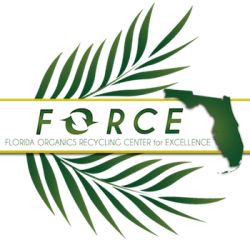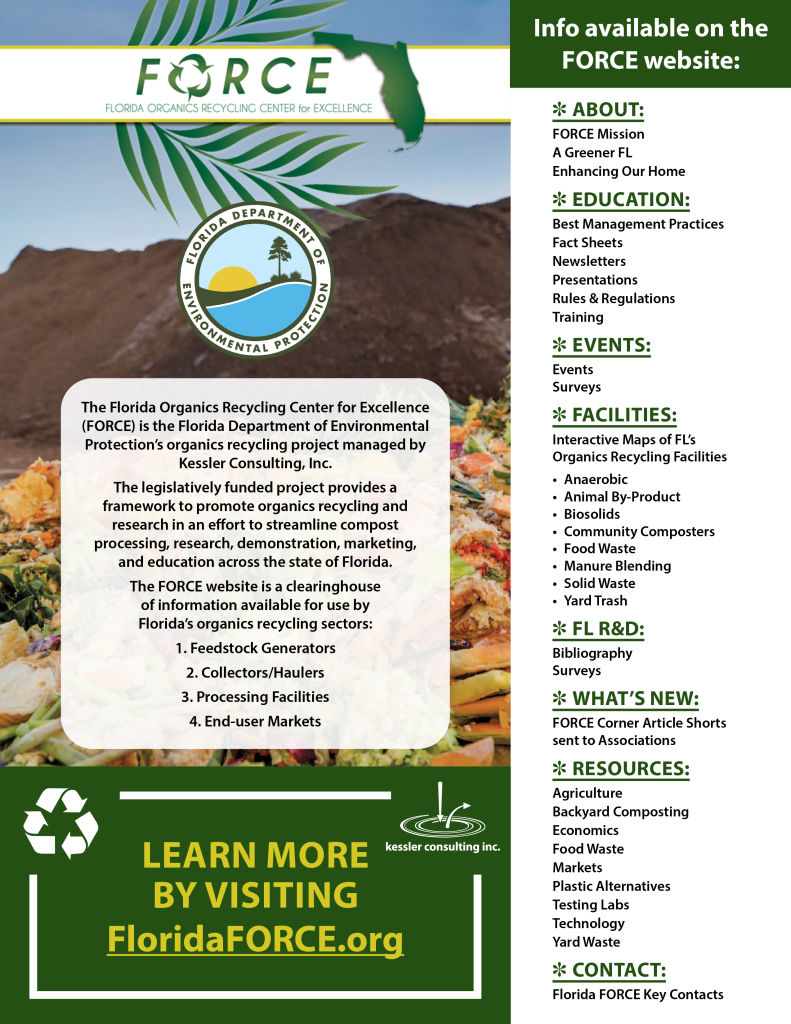INTENSIVE PRODUCTION SYSTEM FOR TURF GRASS, UTILIZING SOLID-WASTE COMPOST OVER GROUND COVER
The project will be conducted at a sod farm located in Webster, Florida. The site is approximately ten miles from the Sumter County landfill. Plastic woven ground cover will be laid over four acres of land in quarter acre sections. A low volume irrigation system will be installed to deliver a minimum of one tenth of an inch of water per hour. Irrigation schedules will be monitored and recorded. Plant beds will be constructed of framed plastic pipe laid on top of the ground cover. Various diameters will be used to determine optimum growing depth. A practical approach to bed width and length, to accommodate production and harvesting equipment, will be used.
St. Augustine, Bermuda and Bahia grass varieties will be planted at various sprig/seed rates to determine the highest economic return. Soil and leaf tissue test will be conducted throughout the growing season. Fertilizer will be applied according to lab results. During the growing season, different types of equipment will be tried or designed to fit this production system.
In this project, acreage needs could be reduced by fifty to seventy five percent. Water use would be extremely efficient, due to high crop yields combined with low volume irrigation. Smaller equipment could be used, translating to less fuel being consumed. The use of compost will provide a growing medium that would require less fertilizer and pesticide.
In addition to the many production advantages of this growing system, sod producers would have a market advantage in that turf varieties could be easily changed to accommodate market conditions and demands. This project is aimed at small and medium size sod producers in the State.

